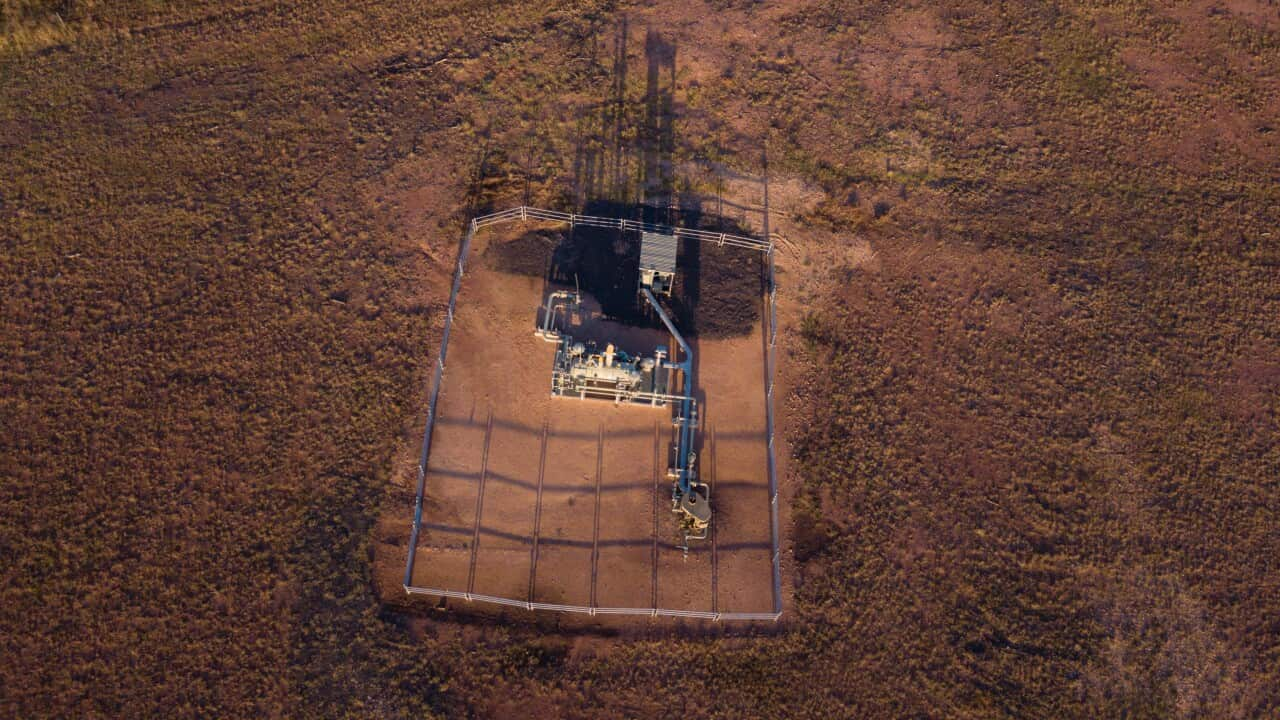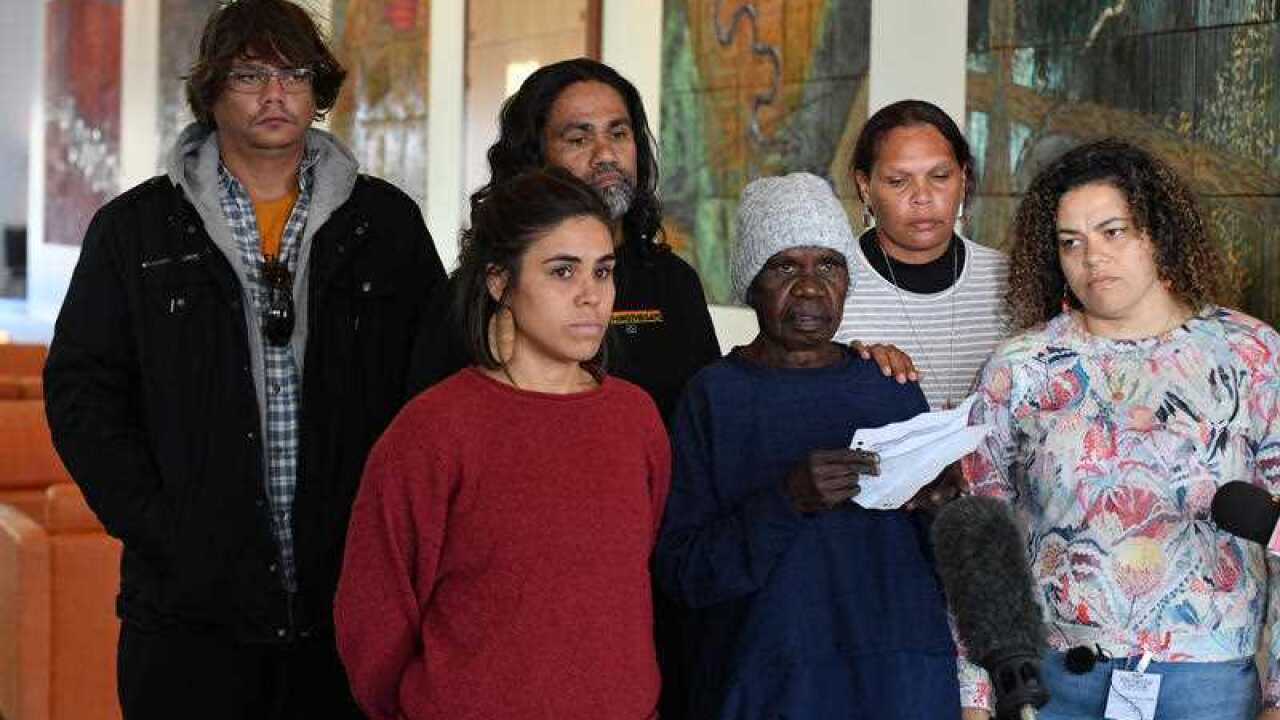Key Points
- The Northern Territory government has approved fracking.
- Close to 100 leading Australian scientists and experts have called on the NT to ban fracking.
- An open letter said fracking in the NT could result in up to 1.4 billion tonnes of emissions.
Fracking has been given the green light in the Northern Territory, paving the way for the controversial Beetaloo basin project to get underway.
In 2018, the Pepper inquiry found environmental risks from fracking could be sufficiently mitigated if a series of recommendations were implemented.
While the territory government has now said the way could be clear for fracking projects to go ahead in the future, the concerns of many scientists and environmentalists remain.
NT Chief Minister Natasha Fyles on Wednesday announced the government had implemented the 135 recommendations from the Pepper inquiry.

NT Chief Minister Natasha Fyles says fracking can go ahead in the territory. Source: AAP / Mick Tsikas
"We have put in place the plans to develop a strong compliance program and we have also got the measures to provide education and guidance to industry.
"The territory government will move carefully to manage the onshore gas industry through our strengthened regulatory framework, ensuring greater transparency and accountability and ensuring that traditional owners, Aboriginal people, have a seat at the table."
The Beetaloo basin, about 500km south of Darwin, stretches across 2.8 million hectares.
It is estimated to contain significant amounts of shale oil and gas that could be recovered using fracking, a process that involves the injection of high-pressure fluid into bedrock.
Last month, the government released a report on baseline environmental data in the basin.
At the same time, a Senate committee called for tighter carbon offset regulations and more consultation with local communities before the Beetaloo project could proceed.
The Environmental Defenders Office said the NT government was not in a position to sign off on the Pepper inquiry recommendations because it had failed on major recommendations on water protection, cultural heritage and community rights.
"The government made a promise that it wouldn't detonate the carbon bomb in the Beetaloo unless every single fracking Inquiry recommendation was implemented," special counsel Alina Leikin said.
"Our work shows the NT government has no basis to claim the recommendations have been implemented when promised federal water protections are not in place and cultural heritage assessments and consultation processes for traditional owners fall far short."
Close to 100 leading Australian scientists and experts have called on the Northern Territory to ban fracking.
In an open letter published on Wednesday, the group said such unconventional gas developments should be scrapped because of their unacceptable impact on the climate.
The letter said fracking in the NT could result in up to 1.4 billion tonnes of emissions and argued the science against its use had not changed for years.
"The impacts of climate change, driven by fossil fuels, are escalating," the letter said.
"Our ecosystems and way of life are under threat and many areas will become uninhabitable if emissions continue to rise."
Among those to sign the letter calling for the ban was former CSIRO scientist David Karoly, who said fracking in the basin would add to global warming, with impacts on all people and all environments around the world.
Former Australian of the Year and epidemiologist Fiona Stanley said the science for demanding no more fossil fuel developments could not be stronger.
"The health of our children and their children are more important than big new gas projects which have short-term outcomes and will cause immediate damage," she said.










